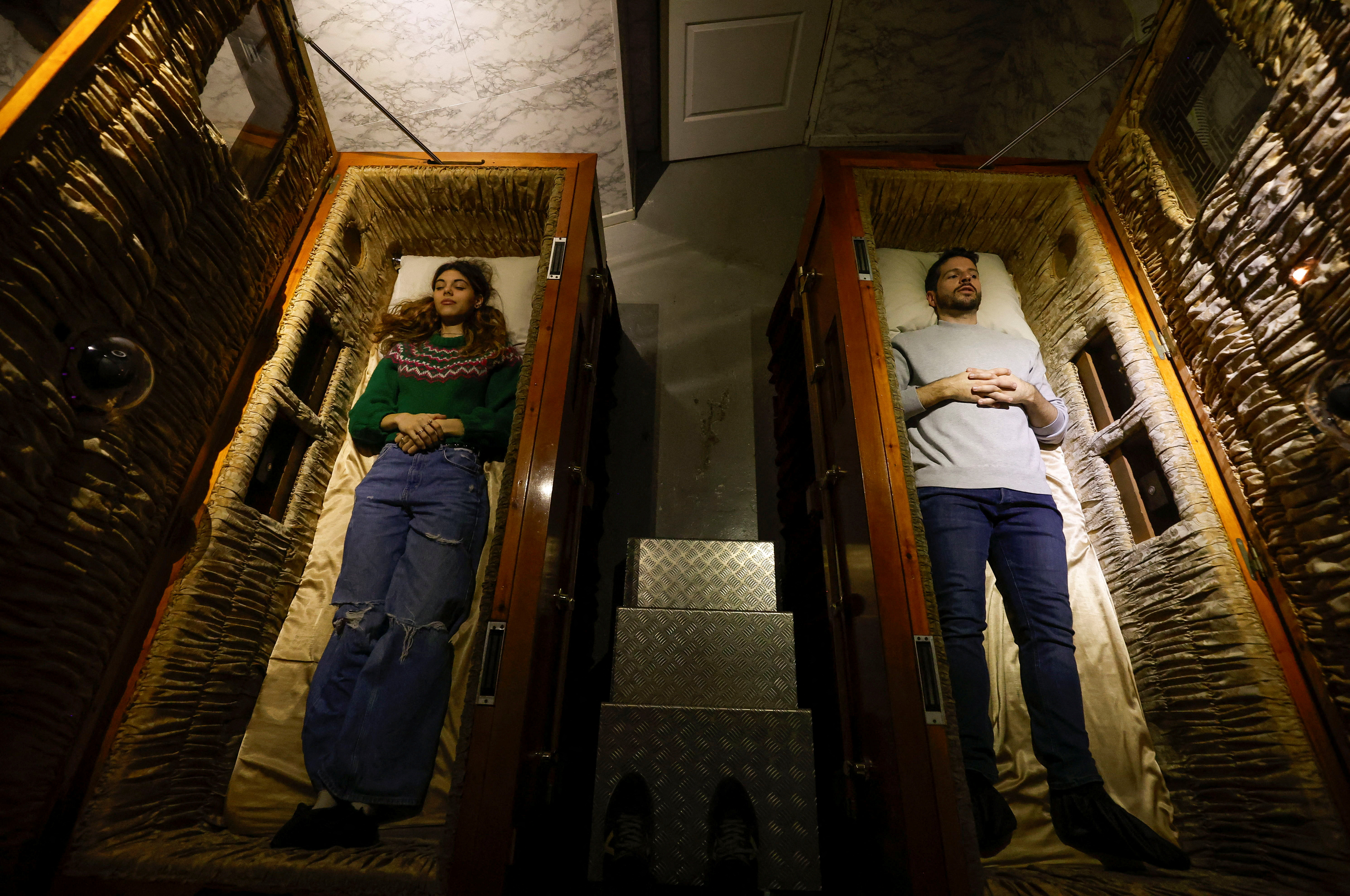Group Activities at Minneapolis Escape Room-- Perfect for Friends and Family
Group Activities at Minneapolis Escape Room-- Perfect for Friends and Family
Blog Article
Team Strategies: How to Collaborate Successfully in an Escape Space
Groups should actively pay attention to each member's understandings, assign duties that line up with private strengths, and keep routine check-ins to make certain focus and prevent redundancy. By promoting an environment that values cohesion and flexibility, teams can substantially heighten their performance and success rates.
Establish Clear Interaction

To facilitate clear interaction, it is necessary to designate a main point of call for info dissemination. This function involves summing up findings and suggested strategies to make certain everybody continues to be on the exact same web page. Furthermore, taking on a methodical approach to conversations can stop chaotic exchanges. Short, concentrated updates from each team participant can maintain the group notified without frustrating them with info - best escape room.
Designate Roles Purposefully
While clear communication sets the structure for efficient synergy, designating roles purposefully guarantees that each staff member's toughness are utilized properly. In a getaway area situation, the time-sensitive and complex nature of difficulties necessitates an efficient approach to job delegation. By identifying and leveraging private competencies, groups can optimize their analytical capabilities and improve total performance.
First, analyze the distinct abilities and attributes of each individual. For instance, somebody with an eager eye for information might succeed in finding covert things, while a sensible thinker might be better suited to addressing challenges - best escape room. It's just as vital to have a leader who can supervise progression, take care of the timeline, and make decisive phone calls when needed. This duty frequently needs solid business and social abilities.
2nd, make sure that duties are adaptable and versatile. As brand-new difficulties arise, the group needs to have the ability to pivot, reapportioning jobs as needed. This versatility aids keep energy and protects against traffic jams that can take place as a result of stiff function projects.
Eventually, click now a tactical method to role project not only makes best use of the toughness of each group member but also cultivates a natural atmosphere, driving the team towards an effective getaway.
Use Diverse Skills
Identifying and utilizing the diverse abilities within your team can dramatically raise your efficiency in a getaway area. Each group member brings one-of-a-kind staminas to the table, and effectively leveraging these abilities can speed up analytic and improve total effectiveness. A team participant with solid analytical skills could excel at analyzing intricate codes or patterns, while another with keen empirical capacities may swiftly detect covert clues that others might ignore.
Encourage team members to articulate their understandings and concepts promptly, making sure that all possible remedies are considered. Additionally, assigning jobs that line up with each participant's toughness can prevent bottlenecks and ensure that progress is continual.
In addition, variety in abilities often translates to variety in thinking designs, which is invaluable in a retreat area setup. While some difficulties may need sensible reasoning and accuracy, others could profit from imaginative and association of ideas. By acknowledging and leveraging this diversity, teams can deal with a more comprehensive series of difficulties extra properly, consequently enhancing their chances of an effective getaway.
Manage Time Effectively

First, designate preliminary minutes for a quick survey of the room. Identify noticeable challenges and split jobs based upon group participants' toughness, making certain that no one is still. Establish interior time checkpoints to evaluate development occasionally; as an example, goal to have half the puzzles addressed by the mid-point of the game. This practice can help maintain the team concentrated and protect against time from slipping away unnoticed.
In addition, avoid passage vision. If a problem is taking too long, revolve staff member or proceed to an additional challenge, returning later on with fresh point of views. Interaction is paramount-- keep every person updated on fixed puzzles and staying tasks to prevent redundant efforts.
Finally, use find more info any type of tips or hints moderately but purposefully - best escape room. Knowing when to ask for aid can save useful time. By sticking to these time administration concepts, teams can dramatically enhance their opportunities of a successful and delightful getaway area experience
Debrief and Show
Representation is an important facet of team advancement and renovation in the context of escape rooms. When the obstacle is completed, whether efficiently or not, it is crucial for the team to take part in a structured debriefing session. This process permits staff member to assess their performance, recognize strengths, and determine areas for enhancement.
Begin the debrief by discussing what went well. Highlight particular instances of effective communication, analytical, and collaboration. Identifying these positive actions reinforces them and motivates their rep in future difficulties.
Go over minutes of complication, miscommunication, or inadequate approaches. Urge an open and constructive discussion where group members can share their perspectives without worry of criticism.
Final Thought
In final thought, successful cooperation in an escape room is based upon clear communication, critical function assignments, the efficient utilization of varied skills, and efficient time management. By developing a natural and flexible group atmosphere, the likelihood of effectively solving puzzles and helpful resources attaining the objective of getting away the room is significantly improved.
Report this page